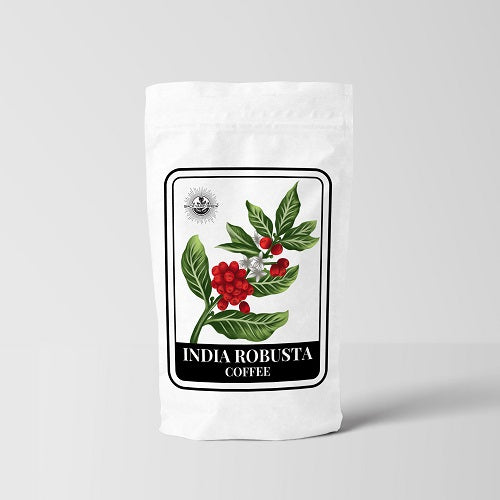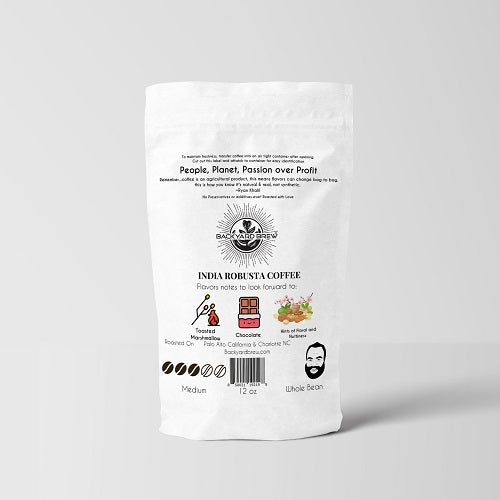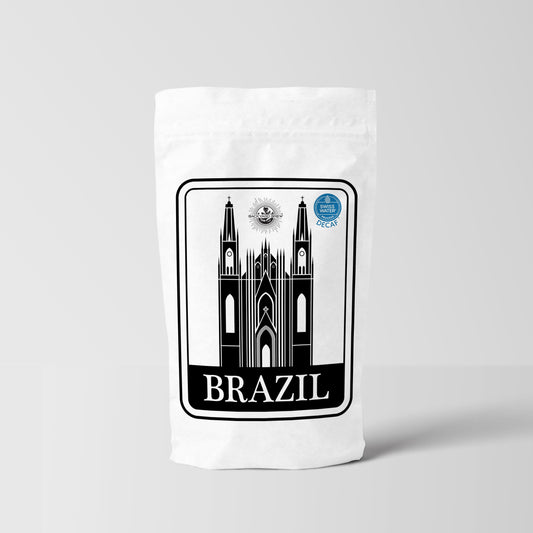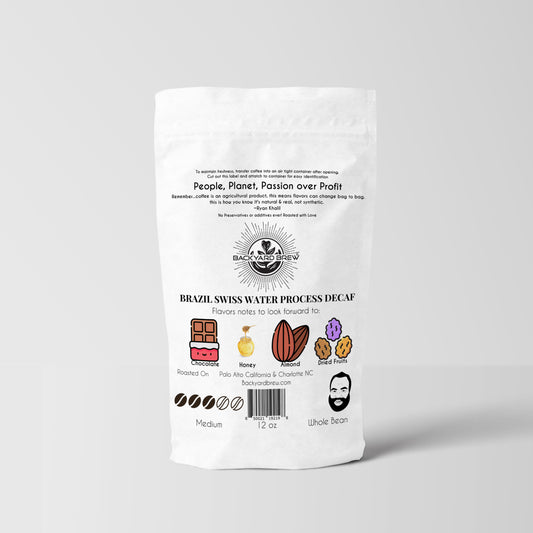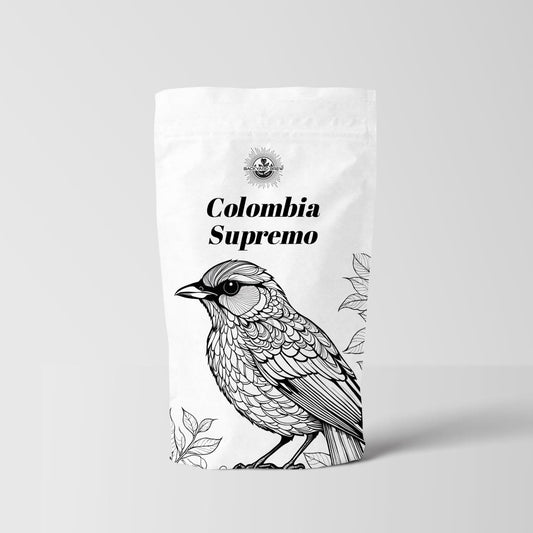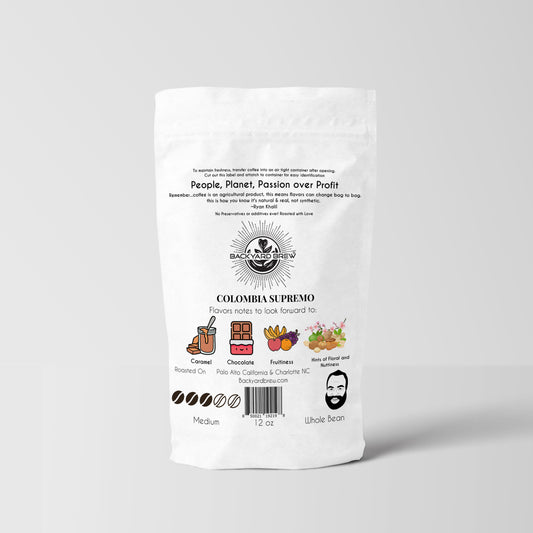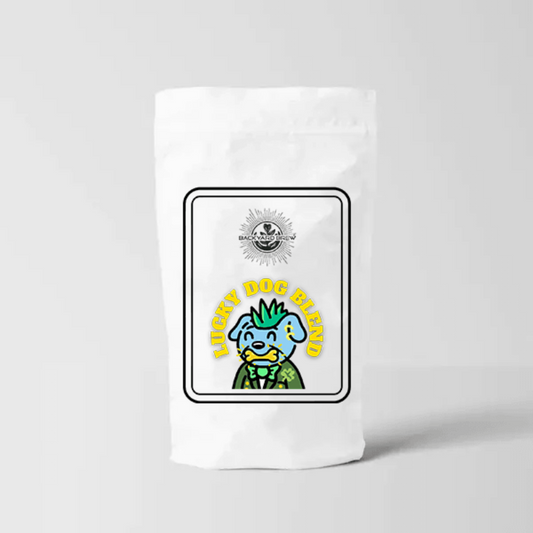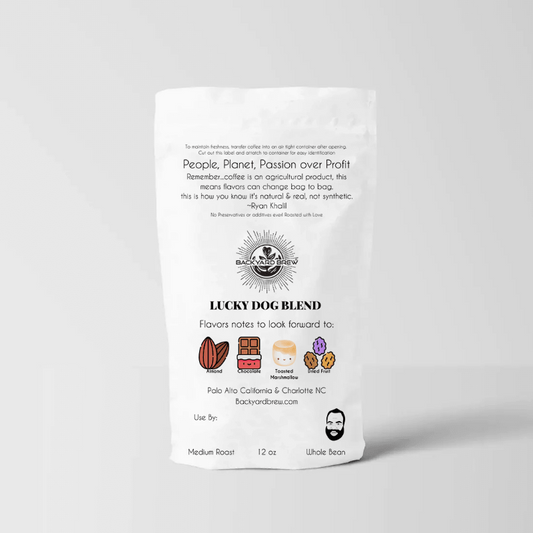How to Use Tea in Home Remedies? Simple & Effective Ways
Related Product
Subscribe
Table of Contents
Did you know that tea has healing powers? For centuries, people across cultures have used tea home remedies to soothe common ailments, from colds and headaches to digestive issues and skin problems. Many teas are packed with antioxidants, anti-inflammatory compounds, and calming properties. So, why leave this healing magic of teas in the past? Why not use it today? After all, they can be a quick at-home solution for a lot of days. Most of you already love to have tea to relieve headaches or to relax. But what else can it do? In this blog, we explore simple yet effective home remedies using tea that you can prepare right in your kitchen.
Benefits of Tea in Home Remedies
Apart from being a soothing beverage, tea is a natural remedy packed with healing properties. In fact, its benefits can support both physical and mental health. Whether used for treating minor ailments or enhancing overall wellness, tea in home remedies is both time-tested and scientifically supported. Here are some benefits it offers:
Rich in Antioxidants
Most teas, especially green and white teas, are loaded with antioxidants like catechins and polyphenols. These compounds help combat oxidative stress, slow aging, and reduce the risk of chronic diseases. Green tea, for example, is commonly used in home remedies for detoxing and improving skin health.
Natural Anti-Inflammatory Properties
Herbal teas such as ginger, turmeric, and chamomile contain natural anti-inflammatory agents. These help relieve pain, reduce swelling, and improve circulation. Ginger tea is commonly used to ease joint pain, menstrual cramps, and sore muscles.
Supports Digestive Health
Peppermint, fennel, and ginger teas are known to relax the digestive tract, relieve bloating, and ease indigestion or nausea. Drinking these teas after meals is a popular home remedy for promoting smoother digestion.
Enhances Immune Function
Teas infused with ingredients like echinacea, lemon, honey, and turmeric can help boost the immune system. These blends are usually used in cold and flu home remedies to reduce symptoms and speed up recovery.
Promotes Relaxation and Better Sleep
Teas like chamomile, lavender, and valerian root improve sleep quality and help you relax. They have natural sedative effects that can help reduce anxiety and stress. Sipping a cup of chamomile tea before bed is a popular ritual for those struggling with insomnia. You can try it too if you feel restless at night.
Supports Respiratory Health
Steam from hot tea can help open nasal passages and soothe a sore throat. For this purpose, ginger or thyme tea are the best. Moreover, honey and lemon added to black tea or green tea create a powerful remedy for colds, coughs, and sinus congestion. In fact, it’s been a popular tea-based remedy for ages, and still widely used today.
Natural Skin Care Remedy
Tea leaves in skincare work like magic. Yes, that’s right! They don’t just relieve your ailments but it’s good for your skin’s well-being too. For instance, green tea is used to treat acne, soothe sunburn, and reduce puffiness. Its antibacterial and anti-inflammatory properties make it ideal for DIY skin care solutions.
Easy to Prepare and Accessible
One of the biggest benefits of using tea in home remedies is its accessibility. Most teas require minimal preparation and can be enhanced with simple kitchen ingredients like honey, lemon, turmeric, or cinnamon for added benefits.
Whether as a drink, medicine, or in home remedies, tea is wondrous. Undoubtedly, it’s a natural, accessible way to support everyday health. Incorporate tea into your wellness routine today and see how it’s better than your regular (chemical-containing) products.
Different Teas in Home Remedies & Their Healing Properties
As aforementioned, tea has been cherished for centuries as a powerful natural remedy. Different types of teas offer different health benefits, from boosting immunity to soothing stress. Below are some science-backed healing properties of popular teas and how to use them for home remedies.
-
Green Tea
Green tea is renowned for its exceptional health benefits. It contains a high concentration of catechins, powerful antioxidants that combat free radicals. This ancient beverage not only supports weight management but also promotes heart health and enhances skin clarity, making it a versatile remedy for various ailments.
-
Rich in catechins (like EGCG), potent antioxidants that combat inflammation and oxidative stress.
-
Supports weight management by enhancing metabolism and fat oxidation.
-
May lower cholesterol levels and improve heart health.
Best for: Detoxifying the body, improving skin clarity, and boosting energy.
-
Chamomile Tea
Chamomile tea, with its delicate floral flavor, is celebrated for its calming effects. Rich in apigenin, it helps reduce anxiety and improve sleep quality. Additionally, chamomile offers digestive support and anti-inflammatory properties, making it an ideal choice for soothing both the mind and body in times of stress.
-
Contains apigenin, a flavonoid that binds to brain receptors, reducing anxiety and promoting sleep.
-
Soothes digestive issues like bloating and indigestion.
-
Anti-inflammatory properties help with skin irritations (e.g., eczema).
Best for: Stress relief, insomnia, and mild stomach aches.
-
Peppermint Tea
This is a refreshing herbal infusion known for its digestive benefits. The menthol in peppermint tea acts as a natural muscle relaxant. It alleviates symptoms of nausea and bloating. This invigorating tea also provides respiratory relief and can be used topically to soothe skin irritations, making it a versatile remedy.
-
Menthol acts as a natural muscle relaxant, easing IBS and nausea.
-
Clears nasal congestion and freshens breath.
-
Cools sunburns when used topically.
Best for: Upset stomach, headaches, and respiratory congestion.
-
Ginger Tea
Ginger tea is a potent natural remedy. It is quite popular for its anti-inflammatory and analgesic properties. Rich in gingerol, it effectively alleviates nausea, reduces pain, and boosts immunity. This warming beverage is particularly beneficial for digestive health and can provide relief from colds and menstrual discomfort, making it a staple in home remedies.
-
Gingerol, its active compound, fights inflammation and pain (e.g., arthritis).
-
Relieves nausea (morning sickness, motion sickness).
-
Boosts circulation and immunity.
Best for: Sore throat, colds, and menstrual cramps.
-
Hibiscus Tea
Hibiscus tea is a vibrant, tart beverage packed with antioxidants and vitamins. Known for its ability to lower blood pressure and improve heart health, this herbal infusion also supports kidney function and aids in hydration. Its refreshing taste makes it a delightful addition to any wellness routine.
-
High in vitamin C and anthocyanins, linked to lower blood pressure.
-
Diuretic properties support kidney health.
-
Fights bad cholesterol (LDL).
Best for: Cardiovascular health and hydration.
Pro Tip for Maximum Benefits
Brewing Time Matters: Green tea (2–3 mins, 80°C) vs. herbal teas (5–10 mins, 100°C) to preserve active compounds.
Pair Wisely: Add lemon to green tea for enhanced antioxidant absorption, or honey to ginger tea for throat relief.
By understanding these teas’ properties, you can customize remedies to address specific ailments naturally. Next, we’ll discuss the step-by-step recipes for each remedy! But first, here is a recap of all the teas and their amazing benefits. From peppermint to ginger, here are all the benefits at a glance.
|
Benefits & Home Remedies of Different Teas |
||
|
Type of Tea |
Best For |
Simple Home Remedies |
|
Green Tea |
Detox, skin clarity, energy boost |
- Use cooled green tea as a skin toner |
|
Chamomile Tea |
Stress relief, insomnia, stomach aches |
- Drink before bed for better sleep |
|
Peppermint Tea |
Indigestion, nausea, headaches |
- Sip after meals for bloating relief |
|
Ginger Tea |
Cold, sore throat, menstrual cramps |
- Add honey & lemon to ginger tea for cold relief |
|
Hibiscus Tea |
Heart health, hydration |
- Drink chilled hibiscus tea daily to lower BP |
Top Tea Home Remedies You Can Use in Daily Life
Tea isn’t just a comforting beverage—it’s a powerhouse of natural healing properties. Below, we explore proven tea-based home remedies for common ailments, backed by both tradition and modern science. Each remedy is easy to prepare and uses simple ingredients you likely already have at home.
1- Tea for Sore Throat Relief
Tea has soothing properties and when brewed warm, it can be great for sore throat. Besides, it’s simple and won’t require you to follow too many steps. Here is the tea home remedy for sore throat:
Best Teas: Green Tea, Chamomile, Ginger
How to Make the Home Remedy?
-
Brew a strong cup of green or chamomile tea.
-
Add 1 tsp honey and a squeeze of lemon juice (antiseptic + vitamin C).
-
Gargle or sip slowly 2–3x daily.
Why It Works?
-
Green tea’s antioxidants (EGCG) reduce inflammation and fight bacteria.
-
Chamomile soothes irritation, while ginger’s anti-inflammatory properties ease pain.
-
Chilled hibiscus tea relieves throat swelling when gargled.
2- Tea for Skin Irritations (Acne, Sunburn, Eczema)
You may not know this but tea can be excellent to treat several skin problems such as acne, sunburn, eczema. Here is how you can use it:
Best Teas: Green Tea, Chamomile, Black Tea
Home Remedies You Can Make
-
Acne Toner: Brew green tea, cool, and dab on skin with a cotton pad.
-
Sunburn Spray: Mix chamomile tea with aloe vera juice in a spray bottle.
-
Black Tea Compress: Steep 2 bags in warm water, press gently on irritated skin.
Why It Works?
-
Green tea’s tannins shrink pores and reduce redness.
-
Chamomile’s azulene calms eczema and rashes.
-
Black tea’s theaflavins reduce puffiness (great for under-eye bags).
2- Tea for Digestive Issues (Bloating, Nausea, IBS)
Many teas offer great benefits for digestive issues. In many countries, people even have after-meal herbal teas. This is because they speed up metabolism, and even help with stomachaches.
Best Teas: Peppermint, Ginger, Fennel
Home Remedies You Can Try
After-Meal Brew: Steep peppermint + ginger tea for 5 mins. Sip slowly.
IBS Relief: Drink 1 cup fennel tea before meals.
Why It Works?
-
Peppermint’s menthol relaxes stomach muscles, easing cramps.
-
Ginger accelerates digestion, curbing nausea.
-
Fennel tea reduces bloating (gas-relieving compounds).
Important!
Avoid peppermint tea with acid reflux.
3- Tea for Stress Relief & Sleep
Ever felt relaxed after a cup of tea? Well, it’s because of the tea’s soothing properties. Here is how you can use tea for stress relief and sleep:
Best Teas: Chamomile, Lavender, Ashwagandha
How to Use?
-
Bedtime Ritual: Brew chamomile + lavender, add a dash of honey.
-
Stress Shot: Ashwagandha tea with cardamom (balances caffeine jitters).
-
Dab cooled chamomile tea on temples for headache relief!
Why It Works?
-
Chamomile’s apigenin binds to brain receptors, inducing calmness.
-
Lavender tea lowers cortisol (stress hormone).
-
Ashwagandha tea adapts to stress (Ayurvedic remedy).
4- Tea for Immunity Boosting (Colds & Flu)
Herbal teas are great to boost immunity and fight cold or flu. Below are mentioned some ways to use these as a home remedy.
Best Teas: Elderberry, Echinacea, Turmeric
Home Remedies You Can Make
-
Cold-Buster Brew:
-
Steep echinacea + ginger tea.
-
Add 1 tsp raw honey + lemon.
-
Turmeric-Golden Milk: Heat turmeric tea + coconut milk + black pepper (enhances absorption).
Why It Works?
-
Elderberry tea blocks viruses (high in flavonoids).
-
Echinacea stimulates white blood cells, fighting infections.
-
Turmeric’s curcumin reduces fever and inflammation.
5- Tea for Odor Control
Tea works well in sickness and in health. But did you know it’s excellent for odor control as well. Here are different ways you can use tea:
Best Teas: Peppermint, Green Tea, Hibiscus, Black Tea
Home Remedies You Can Try
1- Body Odor Wash:
-
Brew 2 bags green tea + 1 tbsp baking soda
-
Cool and dab underarms with cotton pad
2- Shoe Deodorizer:
-
Fill socks with dry used black tea leaves
-
Leave in shoes overnight
3- Room Freshener Spray:
-
Steep peppermint + hibiscus tea
-
Mix with 1/4 cup vodka in spray bottle
-
Spritz on fabrics or air
Incorporating tea into your home remedy arsenal is surely a great idea. After all, they have so much to offer. From soothing sore throats to combating odors, the versatility of tea is truly remarkable. By exploring these popular tea-based remedies, you can enhance your well-being.
Conclusion
The healing properties of tea make them a great ingredient for home remedies. Not just for ailments, they are great for your skin and sleep as well. From flu and headaches to unpleasant odors, there's tea to suit your needs. So, use these herbal infusions into your daily routine and explore how they promote therapeutic benefits and overall wellness. The above blog is your step-by-step guide for some easy to make home remedies. But there are so many more ways to use tea leaves.

